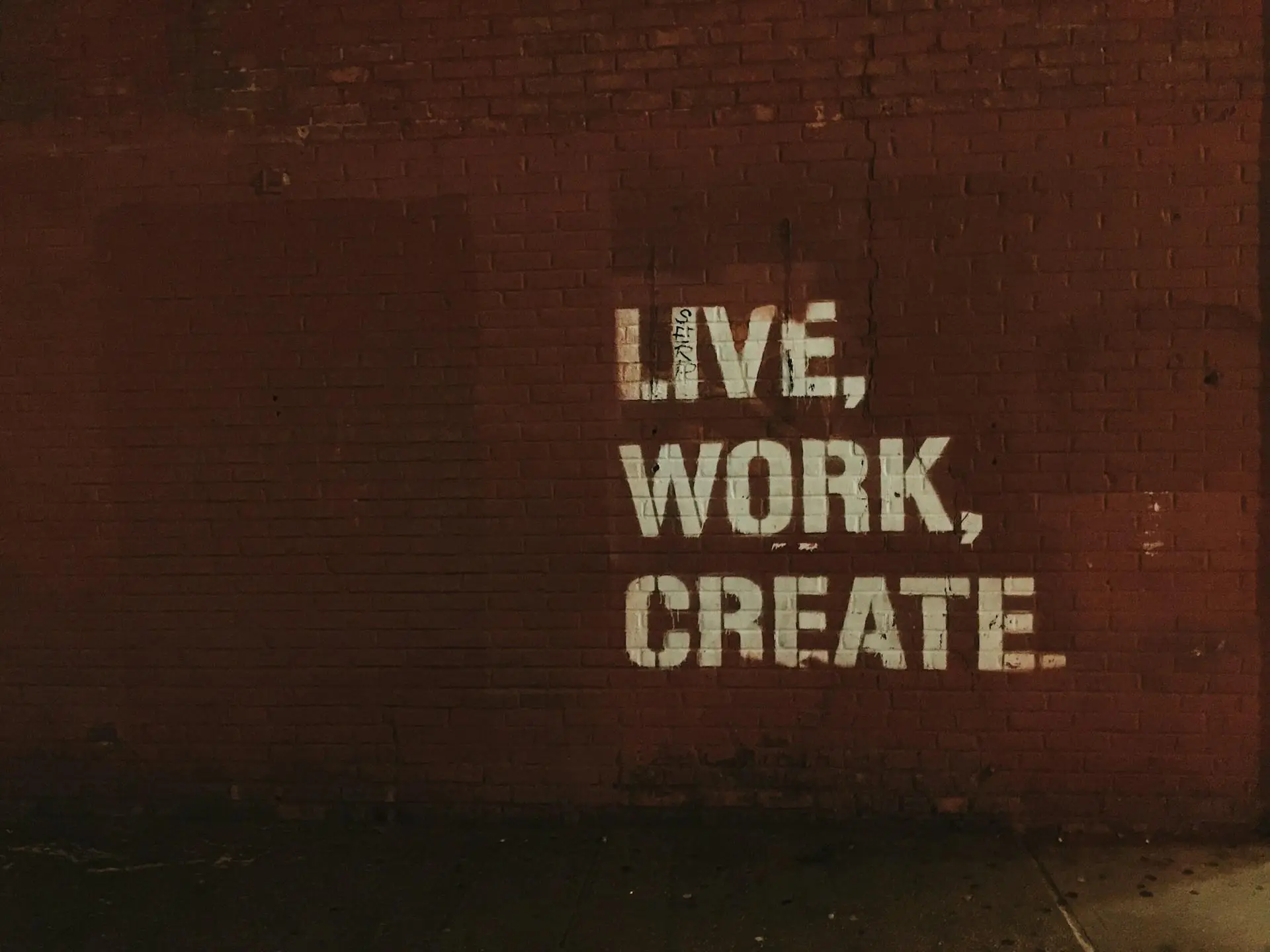Transforming Setbacks into Success: Valuable Life Lessons from Failure
Failure, often viewed as a setback or a stumbling block, carries a stigma in society that can deter individuals from pursuing their dreams. Understanding failure as a natural part of the journey, however, is essential for long-term success. Embracing these moments of disappointment can lead to personal growth, resilience, and, ultimately, achievement. This article delves into the valuable life lessons gleaned from failure and how these insights can inspire personal transformation and inspire others.
The Nature of Failure: A Dual Perspective
Understanding Failure in Context
Failure manifests in various forms, whether personal, such as a missed opportunity in a relationship, or professional, as in the unsuccessful launch of a product. Emotional responses to these failures can range from humiliation and disappointment to anger and confusion. Acknowledging these feelings is the first step toward overcoming them.
The Role of Failure in Growth
History is replete with examples of successful individuals who have turned their failures into catalysts for growth. Figures such as Albert Einstein and Oprah Winfrey experienced significant setbacks before achieving their ultimate successes. From a psychological standpoint, failure is an integral part of the learning process, helping individuals understand their limits and re-evaluate their strategies.
Key Lessons on Resilience and Personal Development
Building Resilience and Adaptability
One of the most crucial lessons learned from failure is the development of resilience. Facing challenges head-on fosters mental strength and adaptability, traits that are invaluable in navigating life’s complexities. As setbacks arise, individuals can learn to cultivate flexibility, finding new and effective ways to solve problems.
The Importance of Self-Reflection
Failure serves as a mirror, reflecting personal strengths and weaknesses. Through careful self-reflection, individuals can take responsibility for their choices and actions, leading to personal accountability. This introspection can be liberating, allowing individuals to chart a clearer path without the weight of unresolved emotions.
Redefining Success: A Subjective Journey
Success is inherently subjective, varying widely from person to person. Individuals should focus on defining their own success rather than adhering to societal expectations. This understanding allows for the establishment of realistic goals and reinforces the mindset that success is not a one-size-fits-all concept.
Cultivating a Growth Mindset
Emphasizing effort over innate talent is crucial in developing a growth mindset. Individuals should celebrate small wins and incremental progress, recognizing that each step, no matter how minor, brings them closer to their goals. This perspective fosters a sense of achievement and motivates continued growth.
Strategies for Transforming Setbacks to Success
Analyzing Failures for Future Success
Performing a post-mortem analysis of failures is a valuable exercise. Identifying what went wrong, what could have been done differently, and the lessons learned can provide actionable insights for future endeavors. This reflective practice is crucial for personal and professional development.
Seeking Guidance and Building Support Networks
Mentorship can significantly impact the ability to overcome failures. Seeking support from mentors or coaches provides invaluable guidance and perspective. Furthermore, building a supportive network of friends, family, and peers can offer encouragement during trying times, reminding individuals that they are not alone in their struggles.
Continuous Learning and Skill Enhancement
Encouraging lifelong learning is essential in overcoming failures. Engaging in relevant courses or workshops not only enhances existing skills but also opens new avenues for growth. The pursuit of knowledge can rejuvenate motivation and inspire sustained personal development.
Maintaining a Positive Outlook
Cultivating a positive mindset can be a game-changer in how individuals perceive and respond to failure. Techniques such as mindfulness, meditation, and positive affirmation practices help manage stress and anxiety, allowing individuals to approach challenges with an optimistic outlook.
Inspirational Examples: Turning Failure into Triumph
Renowned Figures Who Defied the Odds
Histories of well-known figures exemplify the potential to transform failure into success. For instance, J.K. Rowling faced numerous rejections before Harry Potter became a household name. Similarly, Thomas Edison famously stated, "I have not failed. I've just found 10,000 ways that won't work." Their experiences showcase the relentless determination that often accompanies eventual success.
Stories of Everyday Resilience
In addition to celebrated figures, countless personal anecdotes highlight the spirit of resilience in everyday life. Anonymous stories of individuals overcoming unemployment, business failures, or personal relationships serve as powerful reminders that setbacks can pave the way for future achievements. These narratives carry lessons that resonate across various walks of life.
The Emotional Landscape of Bouncing Back from Failure
Navigating the Stages of Grief
Experiencing failure often involves going through emotional stages akin to grief—denial, anger, depression, and acceptance. Recognizing and processing these emotions is crucial in fostering a healthy recovery. Understanding that these feelings are natural can aid individuals in navigating the tumultuous aftermath of failure.
Finding Inspiration through Creative Expression
Artists, writers, and creators frequently draw on their experiences of failure in their work. This creative expression not only helps them process their feelings but also serves to inspire others. Sharing stories of struggle can have a ripple effect, encouraging those facing their own challenges to seek resilience and hope.
Embracing Setbacks: A Pathway to Inspiration
In summary, the lessons learned from failure reveal profound insights into resilience, adaptability, and personal growth. Embracing failure as a necessary part of life allows individuals to cultivate a mindset oriented towards learning and improvement. As those who have faced setbacks can attest, each failure is not the end but rather a stepping stone toward a more fulfilling, successful future.
Encouraging viewers to reframe their setbacks as opportunities for growth emphasizes the powerful idea that life is not merely about avoiding failure but learning and evolving through it. By sharing these insights, individuals can inspire others to find strength in vulnerability and pursue a path of continuous personal development.











